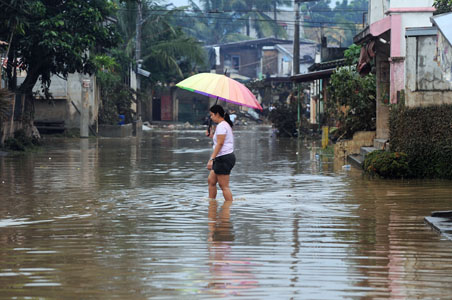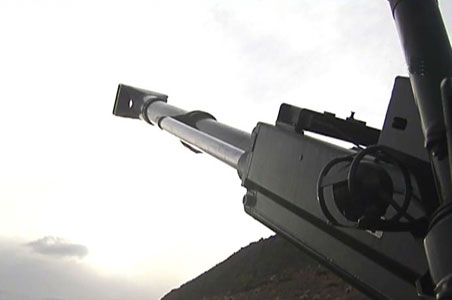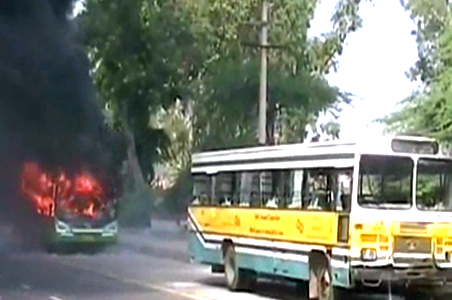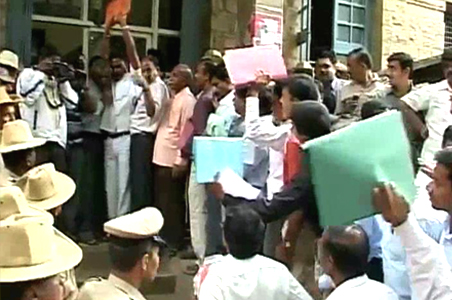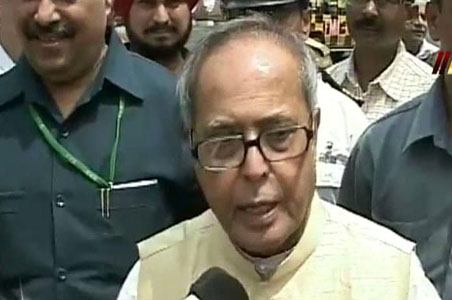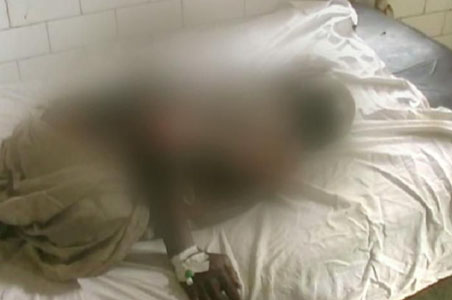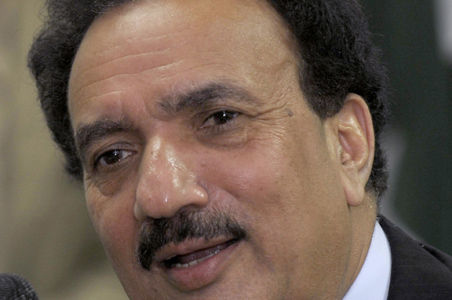"
Cannes, May 15
(IANS) In a crucial step forward in mainstream Indian cinema's efforts to globalise itself, two big production houses have joined hands for the high-flying promotional blitz of Hrithik Roshan starrer 'Kites' at the 62nd Cannes Film festival.
Director Anurag Basu says if the film does well, it would throw global doors open for Indian cinema.
Basu, the maker of such successful films as 'Gangster - A Love Story' and 'Life in a Metro', says 'Kites' is unlike anything he has made in the past. It co-stars Mexican model-turned-actress Barbara Mori.
'I am really excited about the prospects of 'Kites', but I am keeping my fingers crossed. Much is riding on the film - if it does well, it would throw global doors open for Indian cinema,' Basu told IANS.
'Kites' is an ambitious international film produced by Rakesh Roshan's Film Kraft and promoted by the Anil Dhirubhai Ambani Group-promoted Big Pictures.
Hrithik has teamed up with Mori and both are in Cannes as part of the promotional strategy.
Basu feels Indian filmmakers have only just woken up to the international potential of their work and much more needs to be done to tap the world market in right earnest.
'When I set out to make 'Kites', I wasn't really thinking of any particular audience. I simply wanted to craft a film that would appeal to Indians as well as people around the world. It's a fine balance and not very easy to achieve,' Basu told IANS.
Although 'Kites' has action sequences designed to showcase Hrithik Roshan's on-screen charisma, Basu asserts it is first and foremost 'a love story'.
Basu reveals that the flight of 'Kites' began when Rakesh Roshan approached him to make a film with Hrithik. 'I came up with a story idea that could have been shot anywhere - Mumbai, Goa or Nepal. But we decided to give it a completely different character,' he said.
In its final form, 70 percent of 'Kites', says Basu, will be in English. Audiences will also hear Hindi and Spanish on the soundtrack.
'We are readying a single version for the whole world. We will not do anything like cutting the songs out from the international version,' he adds.










